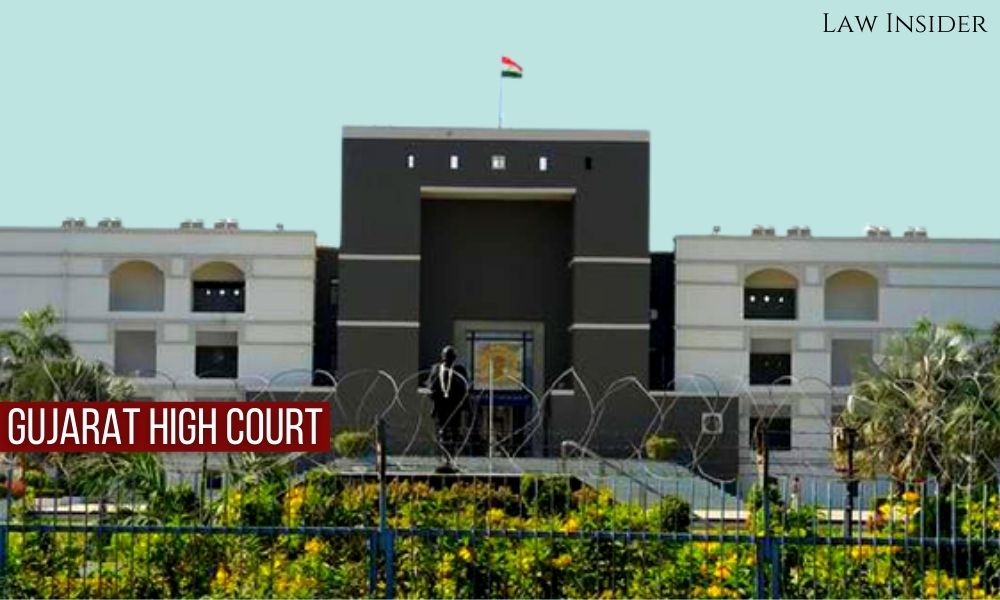Tanvi Pilane
Published on: March 21, 2022 at 11:55 IST
Justice Ashokkumar Joshi of the Gujarat High Court recently permitted the Compounding of Offence under Section 323 of Indian Penal Code (IPC), notwithstanding that the accused was also originally charged under the Scheduled Castes and Scheduled Tribes (Prevention of Atrocities) Act, 1989.
The Court observed that the Appellants-Accused charged for the commission of offences under Section 504, 506(2), 427 read with 114 of the Indian Penal Code (IPC) and Sections 3(1)(x) of the Scheduled Castes and Tribes (Prevention of Atrocities) Act had been acquitted by the Court below and no appeal against such acquittal was preferred by the complainant/ State.
An appeal under Section 374 of The Code of Criminal Procedure against the judgement passed by the Additional Sessions Judge wherein the Appellants were convicted for offence was filed in the High Court by the Appellants.
The Appellants had assaulted the Complainant and his father with an iron pipe and hurled threats and caste-based insults at them.
Following this the two parties arrived at a settlement amicably and no untoward incident took place in the village between the parties.
The Appellants had hence filed an Appeal in the Supreme Court relying on Shankar Yadav and Another v. State of Chhattisgarh, (2018) 13 SCC 452 and other precedents.
The Appellants argued that under Section 323 was Compoundable and that the compromise between Parties ought to be accepted.
The High Court allowed the appeal filed by the Appellants. It also directed that all bail bonds against the Appellants be cancelled.
Also read:

